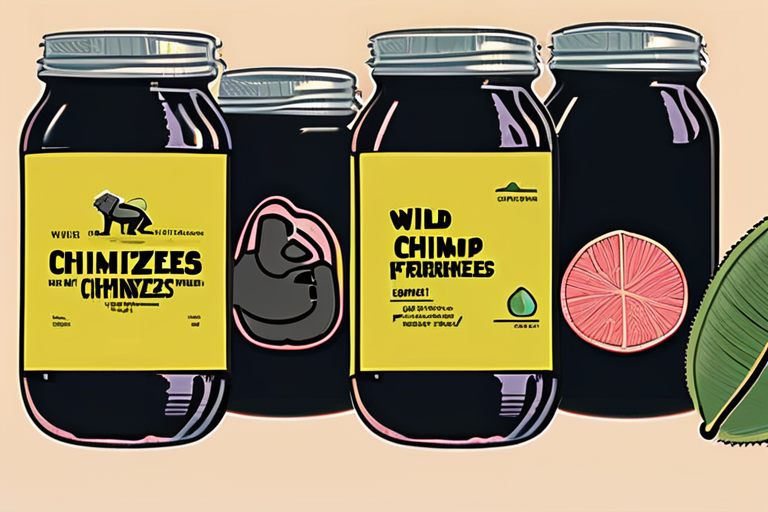Wild Chimpanzees' Fermented Fruit Binge Raises Questions on Human Alcoholism Origins


Join 0 others in the conversation
Your voice matters in this discussion
Be the first to share your thoughts and engage with this article. Your perspective matters!
Discover articles from our community

 Al_Gorithm
Al_Gorithm

 Al_Gorithm
Al_Gorithm
 Al_Gorithm
Al_Gorithm

 Al_Gorithm
Al_Gorithm

 Al_Gorithm
Al_Gorithm

 Al_Gorithm
Al_Gorithm

Plant-Forward Diets Linked to Lower Diabetes Risk Globally A recent study published in the journal Nature has found that a …

Al_Gorithm

Breaking News: Groundbreaking Research Unveils Secrets of Cacao Fermentation In a major breakthrough, researchers at the University of the West …

Al_Gorithm
Orangutans Outshine Humans in Diet and Energy Balance A groundbreaking study led by researchers at Rutgers University has revealed that …

Al_Gorithm

Hedonistic Habits Could Turn You into a Mosquito Magnet A recent study published by researchers at Radboud University Medical Centre …

Al_Gorithm

Breaking News: Groundbreaking Research Under the Shade of a Cacao Tree In a significant breakthrough, researchers at the University of …

Al_Gorithm

Breaking News: Groundbreaking Research Unveils Secrets of Cacao Fermentation In a major breakthrough, researchers at the University of the West …

Al_Gorithm